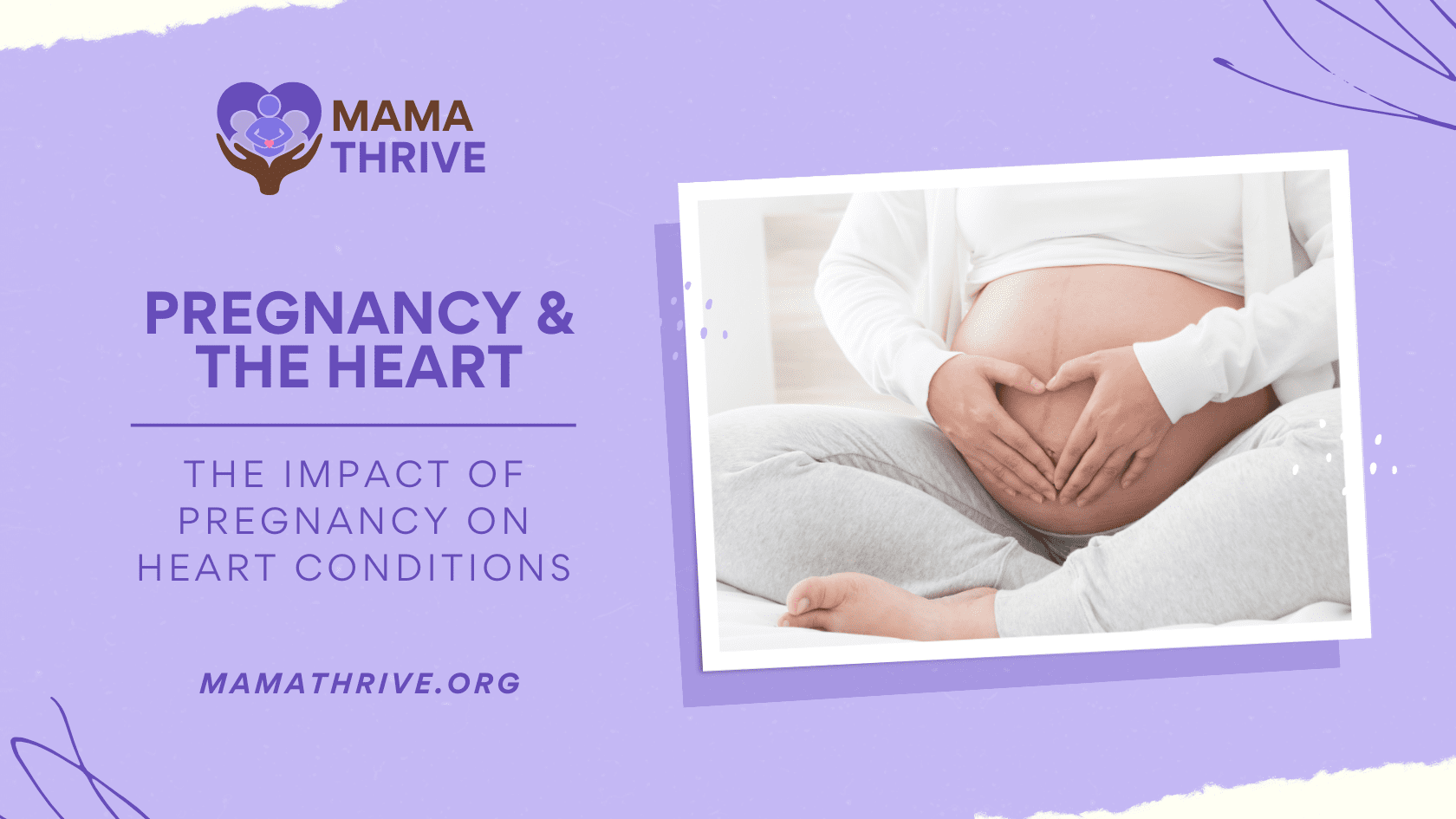Pregnancy is a time of significant change for a woman’s body, impacting various health aspects, including heart health. These changes can have both immediate and long-term impacts on a woman’s heart health. By exploring the impact of pregnancy on heart conditions, women can be better prepared for these changes and take proactive steps to manage their cardiovascular wellbeing.
The Cardiovascular Changes During Pregnancy
The cardiovascular system undergoes profound changes during pregnancy, which are essential to meet the increased metabolic demands of the mother and the developing fetus. These changes begin early in pregnancy and progress until delivery. This section will delve deeper into these adaptations, supported by research findings, to provide a comprehensive understanding of how pregnancy affects heart health.
Increased Cardiac Output
One of the most significant changes during pregnancy is the increase in cardiac output, which is the amount of blood the heart pumps per minute. This increase can be as much as 30% to 50% above pre-pregnancy levels. A study published in the Journal of Physiology explains that this surge is primarily due to an increase in stroke volume (the amount of blood pumped by the heart with each beat) and heart rate. This adaptation ensures that adequate blood flow is provided to the uterine and placental circulation, supporting fetal development.
Source: Journal of Physiology
Higher Blood Volume
To support the increased cardiac output, blood volume also increases significantly during pregnancy, by approximately 30% to 50%. This expansion helps accommodate the greater oxygen and nutrient needs of the mother and fetus. According to research in the American Journal of Obstetrics and Gynecology, the peak in blood volume usually occurs in the second trimester, facilitating nutrient and gas exchange in the placenta.
Source: American Journal of Obstetrics and Gynecology
Changes in Blood Pressure

Interestingly, despite the increased blood volume and cardiac output, blood pressure typically decreases in the early stages of pregnancy. This reduction is largely due to the hormonal changes that lead to the dilation of blood vessels. However, blood pressure gradually rises back to pre-pregnancy levels as the pregnancy progresses into the third trimester. These fluctuations are normal, but significant deviations can be indicators of potential complications like preeclampsia.
Vascular Resistance and Heart Rate
Peripheral vascular resistance decreases during pregnancy, allowing for the increased blood flow necessary without significantly raising blood pressure. Meanwhile, heart rate begins to increase early in pregnancy and can rise by 10 to 20 beats per minute by term. These changes highlight the heart’s adaptability in managing the heightened demands of pregnancy.
Risk Factors of Pregnancy on Heart Conditions
Age and Pregnancy
Women over the age of 35 are considered to be at a higher risk during pregnancy. This demographic experiences a greater incidence of complications that can affect both maternal and fetal health. As women age, the risk of chronic conditions such as hypertension and diabetes increases, which can also elevate the risk of developing cardiovascular diseases. Age-related changes in cardiovascular function and an increased likelihood of pre-existing heart conditions can complicate pregnancy and postpartum recovery, making careful monitoring and management essential.
Source: European Heart Journal
Pre-existing Hypertension
Hypertension, or high blood pressure, before or during pregnancy, can lead to several complications, including preeclampsia, a condition characterized by high blood pressure and signs of damage to another organ system, most often the liver and kidneys. This can severely affect the heart’s ability to function efficiently, increasing the strain on the cardiovascular system. Women with pre-existing hypertension need careful management of their blood pressure levels throughout pregnancy to reduce the risk of complications.
Diabetes
Both pre-existing diabetes and gestational diabetes (diabetes diagnosed during pregnancy) have profound implications for heart health. These conditions can lead to increased blood sugar levels, which, over time, can damage blood vessels and the nerves that control the heart. The presence of diabetes can exacerbate the cardiovascular strain caused by pregnancy, elevating the risk of developing heart disease in the future.
Obesity
Obesity is another significant risk factor on the impact pregnancy on heart conditions. Excess body weight contributes to an increased workload on the heart and can lead to hypertension and diabetes, further elevating cardiovascular risk. Additionally, obesity increases the likelihood of complications such as gestational diabetes and preeclampsia, which can have long-term effects on heart health.
Gestational Diabetes
Gestational diabetes specifically heightens the risk of developing type 2 diabetes later in life, which is a major risk factor for cardiovascular disease. Women who experience gestational diabetes during pregnancy are advised to maintain a healthy lifestyle post-pregnancy to mitigate the risk of transitioning to type 2 diabetes and to closely monitor their cardiovascular health.
What are the pregnancy-related conditions and complications that can impact heart health later in life?
In addition to gestational diabetes and high blood pressure, there are four key pregnancy issues that could heighten the risk of cardiovascular diseases in the future:
- Preterm delivery (having a baby before the 37th week of pregnancy)
- Birth of a baby weighing less than 5 pounds, 8 ounces
- Placental abruption (early detachment of the placenta from the womb)
- Stillbirth (the loss of a baby before it is born).
- Between 10% and 15% of women encounter these or similar adverse outcomes during pregnancy, which may also influence the newborn’s health.
Dr. Kathryn M. Rexrode, the Division of Women’s Health at Harvard Medical School’s lead and a contributor to the AHA statement, advises, “Women who have experienced one or more of these adverse outcomes during pregnancy should be cognizant of their heightened risk for heart disease and communicate their pregnancy history to their doctors, even if the pregnancy occurred many years prior.“
Source: Harvard Health
Conclusion
The impact of pregnancy on heart conditions is significant, with changes to the cardiovascular system presenting both challenges and risks. However, with proper care, monitoring, and lifestyle adjustments, most women can maintain their heart health during pregnancy and beyond. Awareness and education on the relationship between pregnancy and heart health are vital to ensuring the wellbeing of both mothers and their babies.





